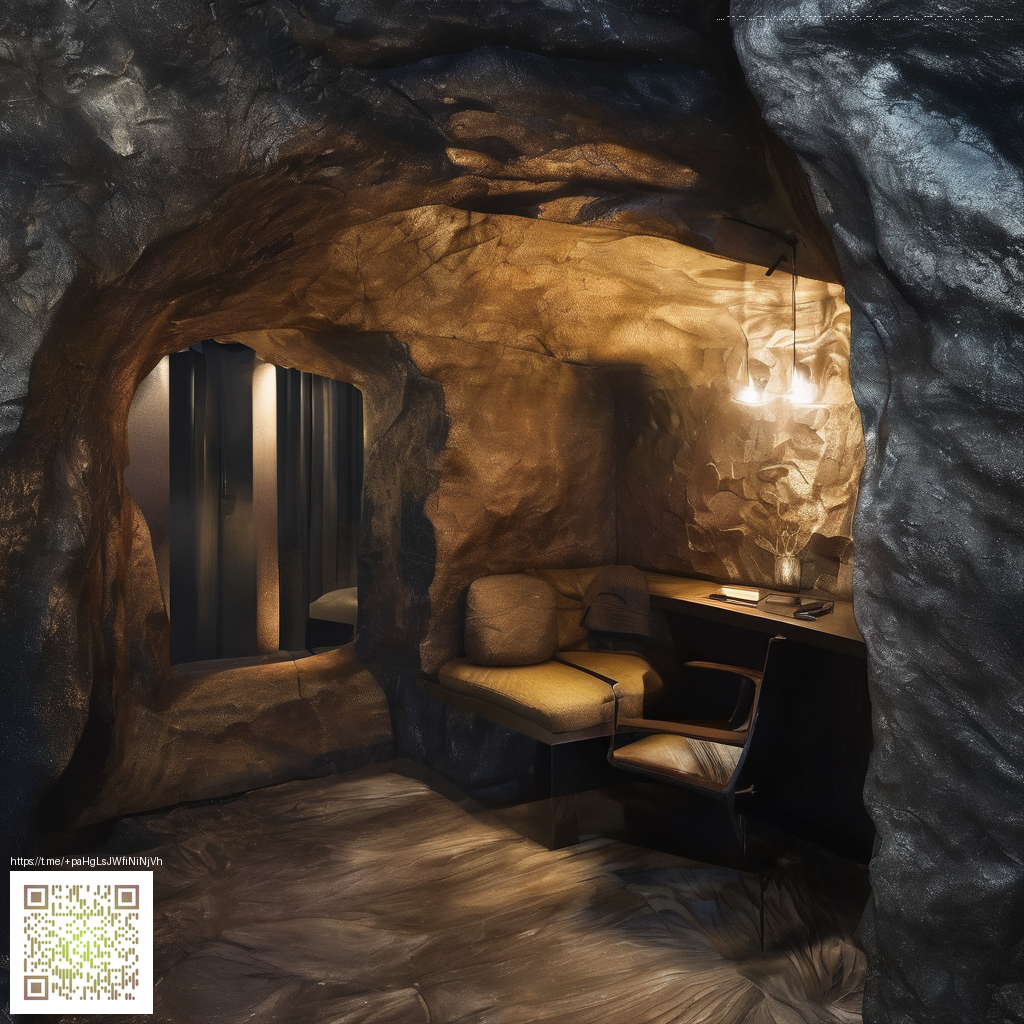
VR support overview for Lost Judgment
Lost Judgment sits at an interesting crossroads for virtual reality fans. While the core title focuses on street brawls, detective work, and dramatic plot twists, the VR experience is not a full blown headset mode on PC or console. Instead, the game nods to VR through an in universe arcade experience called Paradise VR. It plays with the idea of being inside a virtual space rather than delivering a player with native VR controls. For players hoping for a true head mounted display integration, the current status is more about a themed detour than a complete overhaul of how the game is played on traditional hardware.
In practice this means you won’t be donning a VR headset to walk Kamurocho in first person. You will, however, step into an arcade style faction that simulates some VR sensations as part of the Lost Judgment ecosystem. The Paradise VR mode has historically served as a playful side quest that let players engage in quick challenges and light mini games without altering the primary combat and investigation systems. It is a charming detour that reflects the series love for arcade culture and experimental gameplay concepts. 💠
What players can expect today
Paradise VR is best described as an in game arcade cabinet that offers a curated set of micro games. A recent wave of community coverage labeled it as an upgraded experience that refined how the arcade interactions feel in practice. You’ll hear players talk about the pacing of the mini games, the feedback loops that reward timing and precision, and the way the cabinet presentation mirrors classic VR aesthetic cues even without headset compatibility. This is not a substitute for constant VR play but it is a thoughtful nod to the immersion players crave when they imagine a fully fledged headset experience in New Tokyo.
From a gameplay perspective the VR inspired content acts as a palate cleanser between heavier investigations. It’s fast, it’s accessible, and it doesn’t derail the main story. The design philosophy behind Paradise VR echoes the broader direction of the series where playful ideas are folded into a grounded crime drama. Community members often highlight the thrill of beating a high score or closing a quick challenge alongside friends, which adds a social layer that the main game rarely emphasizes in solo play.
“The arcade arena feels like a love letter to fans who cut their teeth on retro cabinet games while still staying true to the vibe of the main narrative.”
While the VR label is in the title of the mode, the experience is more about cues than full immersion. The result is a clever bridge that keeps the player engaged even when the investigation pace ramps up again. For players who are curious about the potential of a complete VR expansion, the current stance from the community is that a future patch would need to rearchitect several core loops for motion comfort and input mapping. Until then, Paradise VR remains a delightful detour rather than a replacement for traditional controls.
Update coverage and developer commentary
Updates around the Paradise VR component have centered on accessibility and polish. A notable wave, often discussed in walkthrough guides, is the way the upgraded cabinet handles feedback and presentation. Players have praised smoother transitions, clearer feedback signals, and a more satisfying rhythm in the micro games. It’s a reminder that even a non headset experience can benefit from thoughtful iteration. The developer team at Ryu Ga Gotoku Studio has historically balanced deep narrative work with playful side experiences, and Paradise VR fits into that ethos by giving fans a taste of arcade culture without pulling focus from the detective drama that anchors the title.
From the perspective of modding culture and community experimentation, the conversation centers on what a fully realized VR path could look like if official support were extended. Some fans discuss shader tweaks, accessibility options, and potential mod alternatives that could simulate a more immersive feel within the constraints of the existing engine. It’s a dialogue that highlights how a single arcane feature can spur broader curiosity about what future revisions might bring. Even with no confirmed plans for a headset mode, the discourse around VR in this title reflects a vibrant fan base that loves to imagine what could be next while enjoying what exists today.
Why this matters for players and collectors
VR support in a series that blends street level action with cinematic storytelling signals a trend toward experimental play spaces. Paradise VR provides a tangible example of how developers can layer new experiences onto a familiar framework without sacrificing the core gameplay loop. For new players, it’s a neat exploration that rewards curiosity. For longtime fans, it offers a nostalgic wink to arcade culture while expanding the universe in a compact, approachable way. The net effect is a broader appeal that keeps the game fresh even as the main narrative sections unfold.
As the scene around virtual reality evolves, this approach shows a path forward for games that want to test VR concepts without committing to a full scale headset strategy. It invites the community to brainstorm, test, and share ideas about motion comfort, input methods, and social gameplay in a way that remains faithful to the game’s roots. In the end, the current status is a testament to thoughtful design that respects players’ time and expectations while leaving doors open for future possibilities. 🌑
If you want to support further exploration of decentralized gaming journalism and community experiments, consider contributing through the donation link below. Your support helps keep deep dives like this accessible to everyone who loves the craft of modern game analysis and culture reporting.
Support the Decentralized Internet